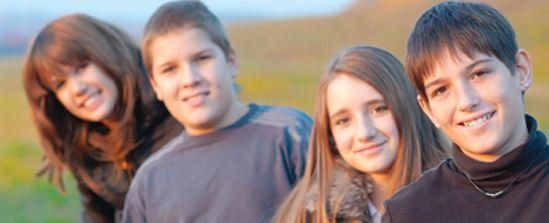As a children's therapist, I have believed that Play Therapy gives the best insight into a child's behavior. “Play is a child's language and Toys are the child's words” (Landreth, 2002).
You are not alone in your struggle. Every child is unique, and they do not come with a How-To manual. Children often times don't have the awareness or ability to speak directly about what is troubling them. With the development of a trusting relationship that is nurtured through play, children can overcome their distress. It offers children the chance to play out their conflicts and find ways to gain insight, mastery, cope better and solve problems.







